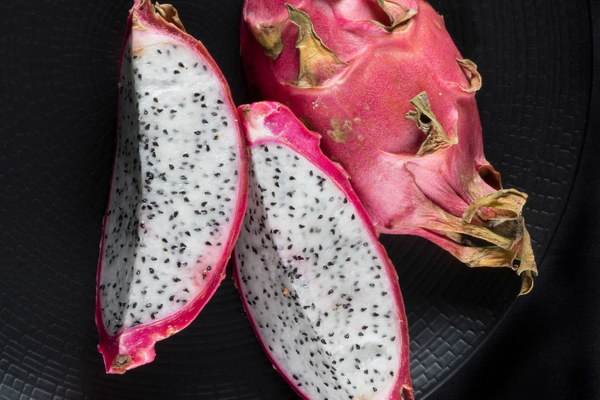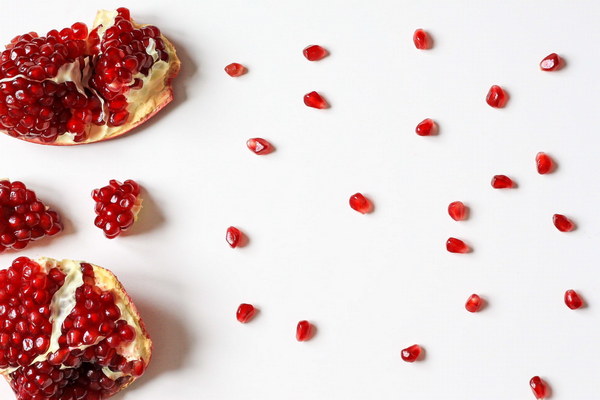Does Liver Support Conflict with LiverRelaxing Remedies
In the realm of holistic health, the liver plays a pivotal role. Known as the body's filter and metabolic hub, it processes toxins, synthesizes proteins, and produces bile. Thus, it's not surprising that maintaining liver health is a priority for many. Two popular approaches to liver care are liver support and liver-relaxing remedies. But do these methods conflict with each other? Let's delve into this topic and unravel the mystery.
Liver support refers to the use of supplements, herbs, and dietary changes to enhance liver function. These methods aim to provide the liver with the necessary nutrients and aid in detoxification. Some common liver support remedies include milk thistle, artichoke extract, and turmeric.
On the other hand, liver-relaxing remedies focus on reducing stress and promoting relaxation, as stress can have a negative impact on liver health. These remedies often involve the use of herbs such as chamomile, valerian root, and lavender, as well as relaxation techniques like meditation and deep breathing exercises.
The question of whether these two approaches conflict with each other arises due to the potential interactions between the ingredients used in both. For instance, milk thistle is known for its liver-protective properties but can interact with certain medications, such as blood thinners. Similarly, chamomile, a common ingredient in liver-relaxing remedies, can also interact with blood thinners and certain antidepressants.

However, it's important to note that the potential for interaction doesn't necessarily mean that the two approaches are incompatible. In fact, some liver-relaxing remedies may complement liver support by reducing stress, which can improve liver function. For example, chamomile has been shown to have anti-inflammatory and antioxidant properties, which can help protect the liver from damage.
When considering both liver support and liver-relaxing remedies, here are some key points to keep in mind:
1. Consult with a healthcare professional: Before starting any new supplement or treatment, it's crucial to consult with a healthcare provider, especially if you have existing health conditions or are taking medication.
2. Assess your individual needs: The best approach to liver health will vary depending on your specific circumstances. Some individuals may benefit more from liver support, while others may find that liver-relaxing remedies are more effective.
3. Balance is key: Strive for a balance between liver support and liver-relaxing remedies. This may involve incorporating both approaches into your routine, depending on your needs.
4. Monitor your progress: Keep track of how your liver health is changing as you implement these approaches. Adjust your strategy as needed to achieve the best results.
5. Maintain a healthy lifestyle: In addition to supplements and relaxation techniques, it's essential to adopt a healthy lifestyle. This includes a balanced diet, regular exercise, and adequate sleep.
In conclusion, while there is a potential for interaction between liver support and liver-relaxing remedies, it's not necessarily a conflict. By consulting with a healthcare provider, assessing your individual needs, and maintaining a balanced approach, you can effectively support your liver health without compromising its function. Remember, the key to a healthy liver lies in a combination of proper nutrition, stress management, and a holistic lifestyle.









